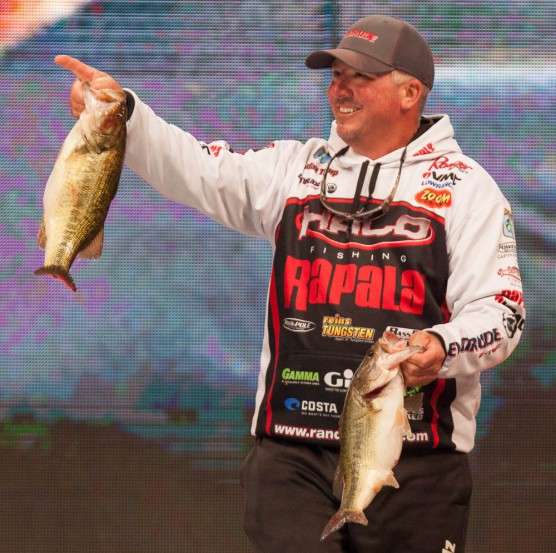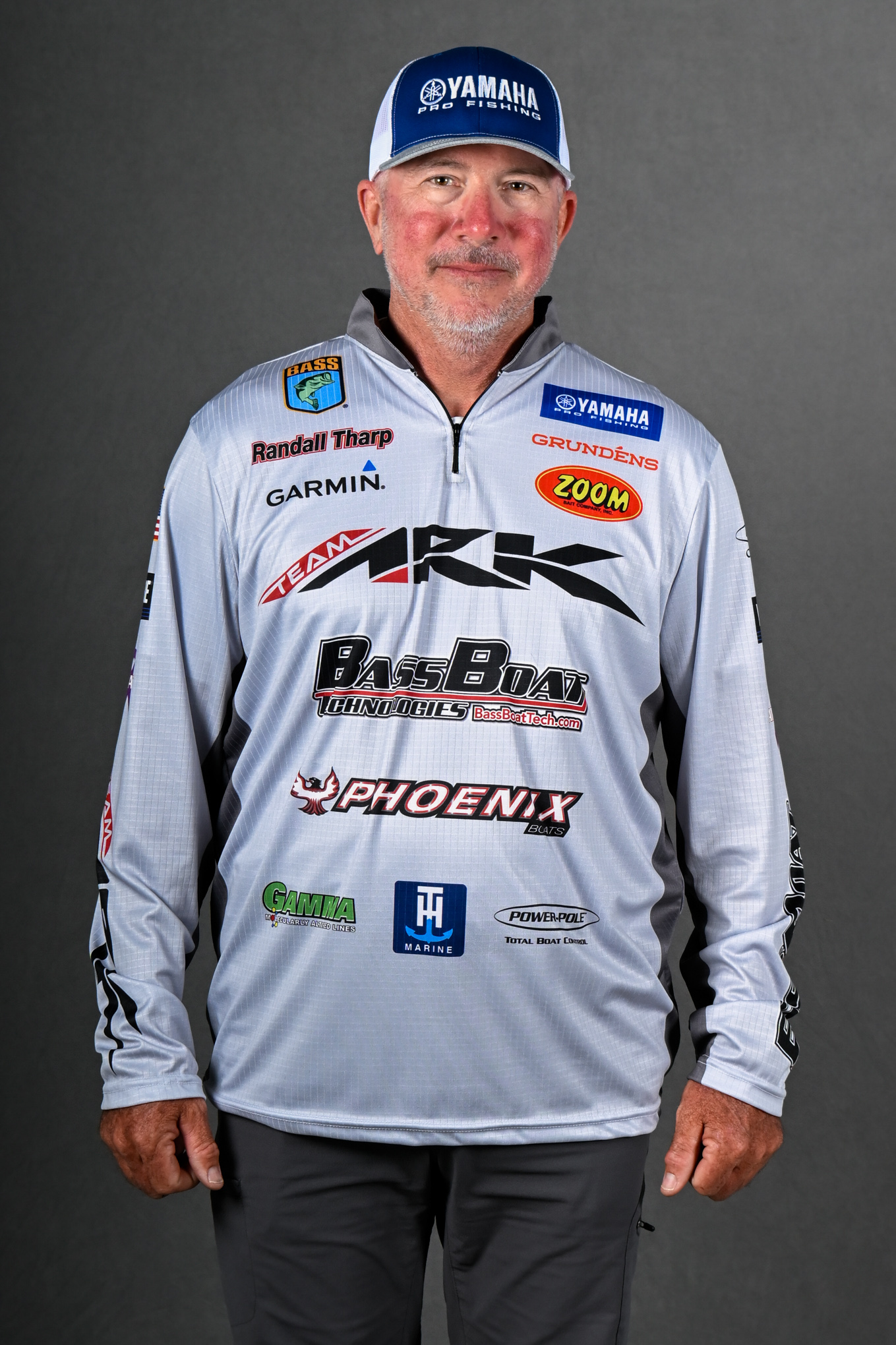
First, I want to thank everyone for the response to my last column. I appreciate that each of you take the time to read what’s on my mind, and I hope you can get some insight on what my life is like on the Elite Series. The comments – both positive and negative – emails, messages and phone calls were almost overwhelming, and I cannot begin to tell you what it means to me that so many of you follow my career and care.
If you have read my columns in the past, you know this is not the place to go if you want to learn how to fish a spinnerbait. If something inspires me, chances are I will write about it. If I am upset or mad about something, you are going to hear about it. And if nothing on my mind is worth talking about, I will not write at all. Thanks for listening!
Thoughts from Texas
I left Texas last week with a little smile on my face. No, I was not happy that I finished 11th. I was happy that my good friend Brent Ehrler built a game plan from scratch, executed it perfectly and made the clutch gut decisions needed to win the Toyota Texas Bass Classic at Lake Fork. If you didn’t follow the rain-soaked event, let me tell you it was truly a remarkable effort.
Brent is a very quiet and modest guy. Because of that I think sometimes he is overlooked when people talk about the best anglers in the game. He has been around a lot longer than me, and he earned my respect long before we became friends. Each and every one of us out here gives 110 percent, but Brent Ehrler’s relentless drive is unlike anybody else’s I’ve ever seen.
For several years before we became friends, he remained a mystery to me. I mean, if you watch someone like KVD or Andy Morgan fish, it’s immediately obvious why they’re successful, but Brent is not so easy to figure out. I call him the “Meterman” because, in his terms, “You know, I was just floating around on my meter (AKA, depth finder) casting to the dark water.” Those are western terms that I now proudly use thanks to the “Meterman.” Honestly, I have no idea what he is even talking about, but it just sounds cool. He’s brought a ton of light line tactics over from the West Coast and consistently kicked our butts with them, but if you study his career like I have you will realize he is far more than a one trick pony. He can do it all, and it’s guys like Brent who continue to push this sport to the next level.
One thing I know the “Meterman” and I have in common is that when we show up for a derby we both have zero waypoints in our GPS units. We both agree that we want to fish the moment, not past history. I think his win at Fork proves this is working for him. His practice strategy seems to always be one that gives him the best opportunity to win. He is as versatile of an angler as there is in this sport right now. He also proved that when a world class angler is on top of his game, he can go to any lake, anywhere, anytime and beat anybody.
Another example of that phenomenon is Chris Lane. He’s been on a roll ever since he won the 2012 Bassmaster Classic, and he carries his momentum from tournament to tournament. I doubt that many people expected Chris to win on Lake St. Clair in 2013, but don’t tell him that – he was fishing instinctively and confidently and took home over $100,000 that week. I saw it again last week at Lake Fork, where Chris finished third. He showed up, saw that the lake was high and decided that fishing shallow was going to give him the best chance to win. I came to the same conclusion despite the popular opinion that the derby would be dominated offshore. Seeing him excel where I came up a bit short inspires me to work harder and refine my abilities. I don’t necessarily want to fish like Brent or Chris. I want to fish like me, but I just want to do it better than them. That requires a willingness to change and improve.
We all would like to win every time out, but looking back at my career some of my best performances were not victories. In fact, the tournament that stands out in my mind as my strongest effort in a lot of ways was the 2011 Forrest Wood Cup on Lake Ouachita in Arkansas, where I finished second to Scott Martin. I never found a “magic spot” or a big group of fish. I was fishing for five bites a day, and if I fished perfectly I’d land all five. That’s what I achieved. I maximized what I had, and I left that event satisfied that I had fished as perfectly as I was capable of.
Some other performances that stand out weren’t even runner-up finishes. This year, at the Hartwell Bassmaster Classic, I absolutely bombed on Day 1, with just two bass for 4-08. On Day 2 I made the decision to totally abandon my original plan. I went to a part of the lake I had never fished and basically went practicing under the pressure of the Classic. I ended up catching a good bag of fish and almost made the cut. That is something I couldn’t have done two years ago.
At Fork it was much the same deal. I had a terrible practice. I started off on Day 1 of the tournament with 20 rods on my deck and, frankly, was a little embarrassed about it. I didn’t have a clue how I was going to catch them, all I knew was that I was going to catch them, and I didn’t have a whole lot of time left to figure it out. It took me until 10 a.m. I ended up catching all of my fish on something I didn’t catch a single fish on in practice. I would have loved to have fished on that final day, but if I had not had the willingness to keep changing and trying to figure out something that would give me the best chance to win I would not have finished 11th.
Every successful angler I know that has been in the game for any length of time has had to overcome adversity. I can almost guarantee you that if you took every Angler of the Year winner and looked at their season you will find a couple of things. First and the most obvious, the majority of his finishes will be at or near the top of the leaderboard. If you dig a little deeper, you will find the tournament that means the most to him is the one in which his back was against the wall. He was in 60th or 70th place after the first day and somehow found a way to make the cut. It might not show up as such in the final standings, but those are the ones that pay your bills. Those are the ones that you remember.
Winning is very rare in this sport, even for world class anglers at the top of their game like Chris and Brent. If you win one a year, you’ve had a good year, and if you win two it’s been an exceptional year. I still have a slight smile on my face because a friend who I have grown to admire and respect won last week. That smile will be a little bigger when I find that place again.

